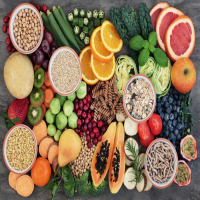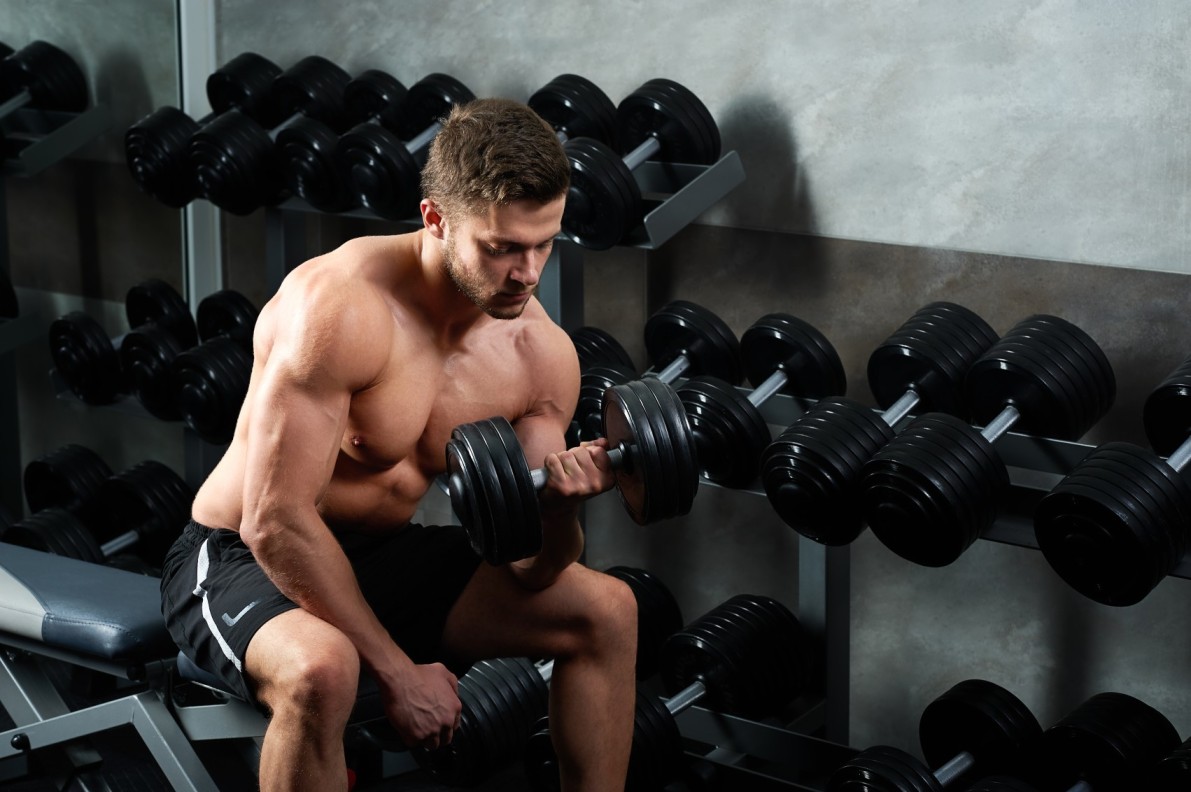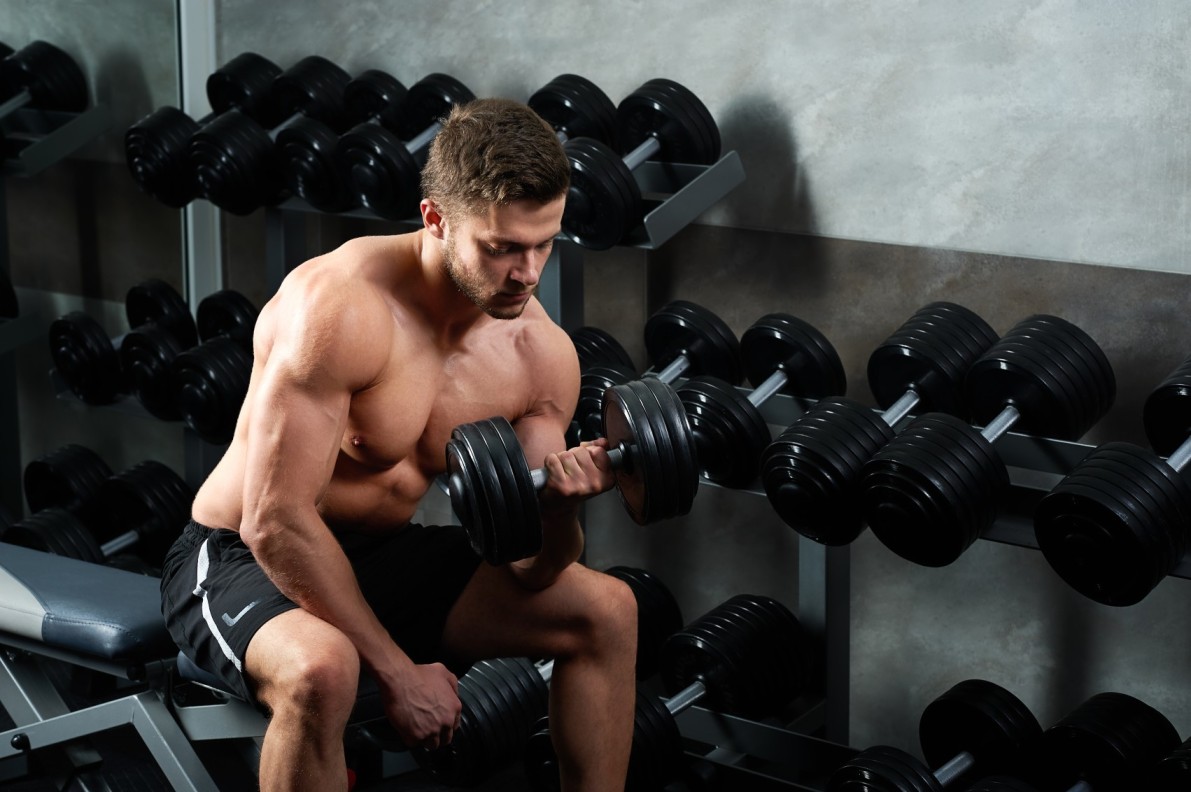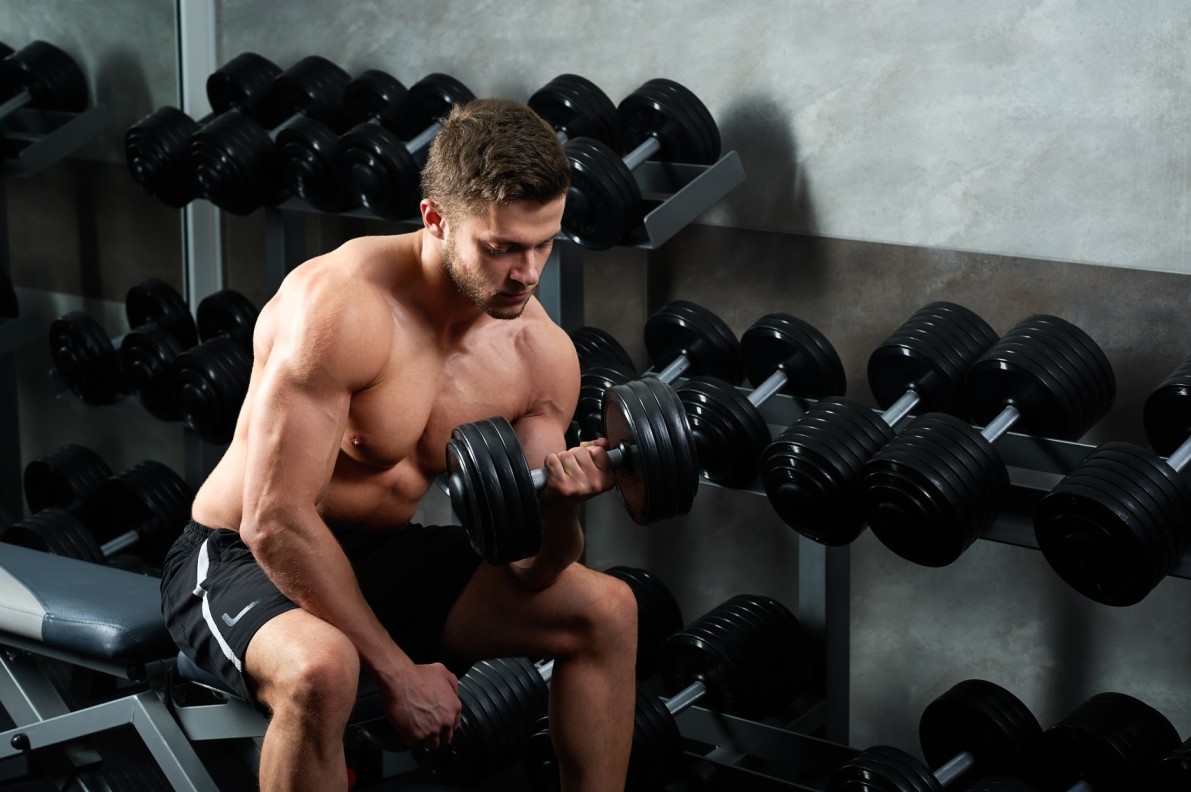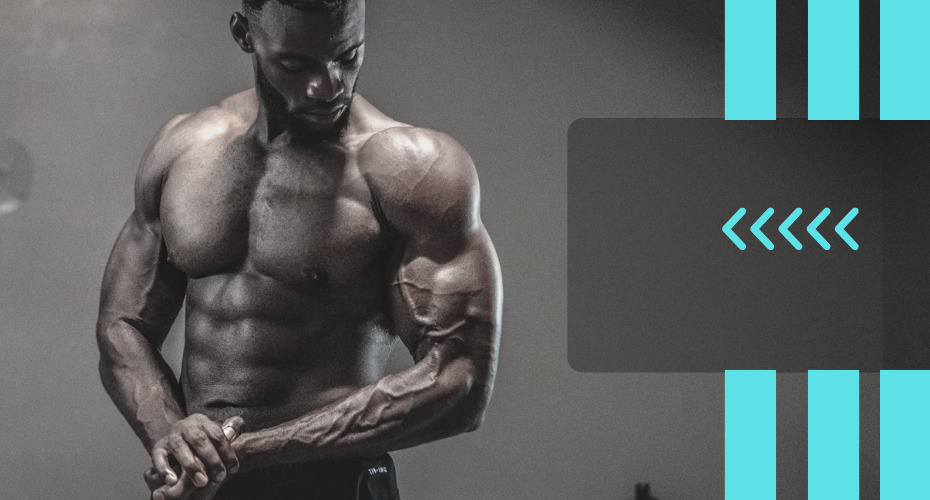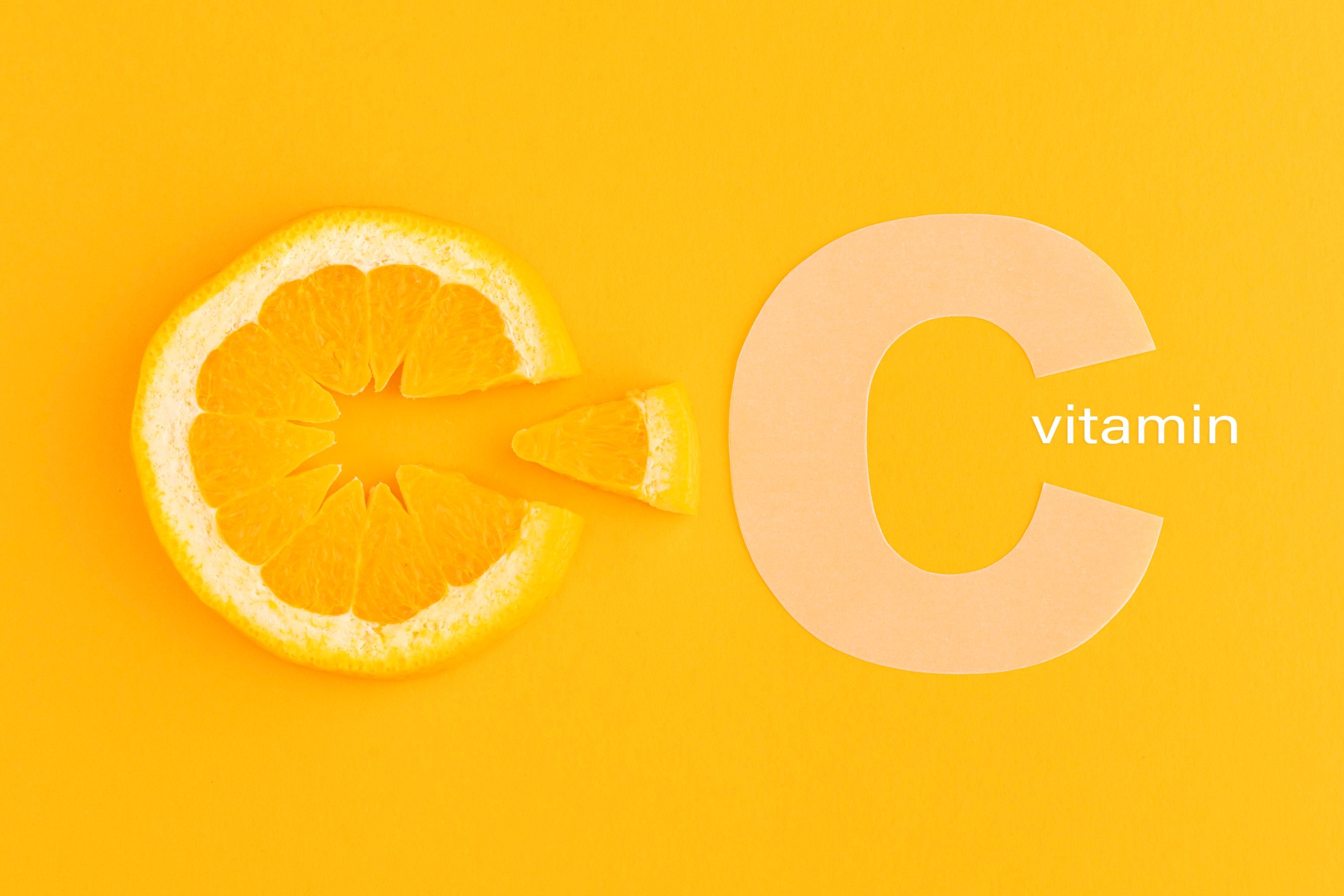Vitamin C and Iron Absorption: What You Need to Know
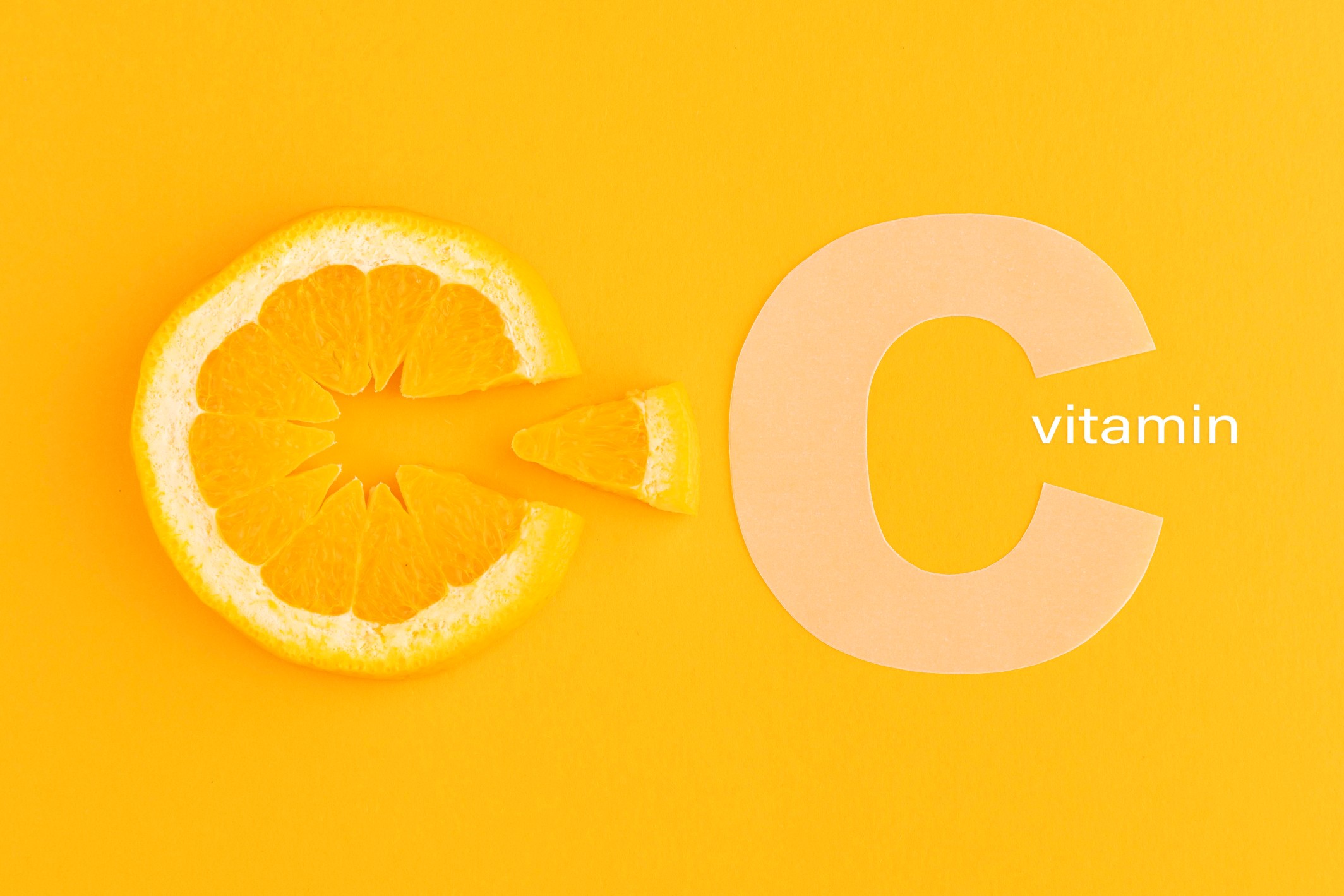
Strong 8k brings an ultra-HD IPTV experience to your living room and your pocket.
Feeling sluggish or low on energy? An iron deficiency might be a common issue that can zap your vitality. While eating iron-rich foods is a great start, did you know vitamin C can supercharge how your body absorbs iron? This powerful duo works together to keep you energized and healthy. Let's break down what you need to know about vitamin C and iron absorption in a way that's easy to grasp.
Why Iron Matters
Iron is a mineral your body needs to make hemoglobin, a protein in red blood cells that carries oxygen. Without enough iron, you might feel tired, weak, or short of breath—a condition called anemia. Iron comes in two forms: heme iron (from animal sources like beef or chicken, easily absorbed) and non-heme iron (from plant sources like spinach or lentils, less easily absorbed). Most people, especially vegetarians or those with low iron levels, struggle to absorb enough non-heme iron. That's where vitamin C steps in.
How Vitamin C Boosts Iron Absorption
Vitamin C, found in citrus fruits, bell peppers, and supplements, is a key that unlocks your body's ability to absorb non-heme iron. It does this in two ways:
Converts Iron: Vitamin C changes non-heme iron into a form your body can absorb more easily in the small intestine.
Blocks Inhibitors: Foods like tea, coffee, or calcium-rich dairy contain compounds (phytates, tannins) that block iron absorption. Vitamin C helps neutralize these, letting more iron get through.
Studies show that consuming 25-100 mg of vitamin C with a meal can double or triple non-heme iron absorption. For example, pairing a lentil soup with a glass of orange juice can make a big difference.
Who Benefits Most?
Specific groups can gain a lot from this vitamin C-iron combo:
Vegetarians/Vegans: Plant-based diets rely on non-heme iron, which is harder to absorb.
Women: Menstruation increases iron loss, raising anemia risk.
Pregnant Women: Your body craves way more iron during pregnancy to fuel your baby's growth and keep you both healthy
Athletes: Intense exercise can deplete iron stores.
People with Low Iron: Those with anemia or borderline levels need every boost they can get.
How to Pair Vitamin C and Iron
It's easy to make this duo work for you. Try these practical tips:
Eat Vitamin C with Iron-Rich Meals: Add a handful of strawberries to your oatmeal or squeeze lemon juice over spinach salad. Aim for 50-100 mg of vitamin C per meal (one orange has about 70 mg).
Use Supplements Wisely: If you take an iron supplement, pair it with a vitamin C tablet (500 mg) or a glass of orange juice. Take with food to avoid stomach upset.
Time It Right: Consume vitamin C and iron together, as the effect is most potent when they hit your stomach simultaneously.
Avoid Blockers: Skip tea, coffee, or high-calcium foods (like milk) during iron-rich meals to maximize absorption.
Things to Watch Out For
While vitamin C is generally safe, don't overdo it. More than 2,000 mg daily can cause diarrhea or stomach cramps. Iron supplements can also cause nausea or constipation, so start with a low dose and consult a doctor, especially if you have conditions like hemochromatosis (iron overload). Always get your iron levels checked before supplementing to avoid excess.
The Bottom Line
Vitamin C is a simple, natural way to boost iron absorption, especially for non-heme iron from plant foods. Pairing a vitamin C-rich food or supplement with iron sources can fight fatigue, increase energy, and support overall health. Whether vegetarian, pregnant, or low on iron, this combo is a game-changer. Add a splash of citrus to your meals and feel the difference!
Note: IndiBlogHub features both user-submitted and editorial content. We do not verify third-party contributions. Read our Disclaimer and Privacy Policyfor details.

